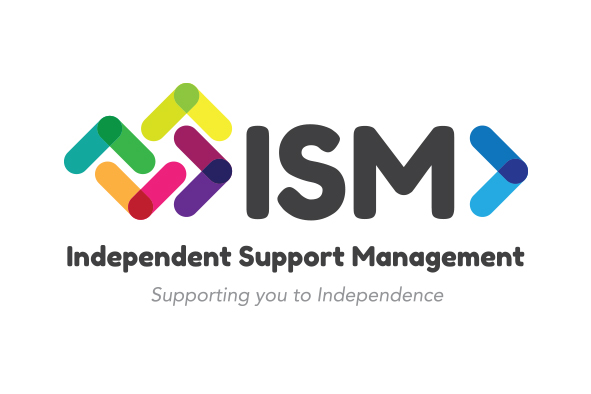🧑🔧 Assessing Assistive Technology Suitability: A Guide for Support Coordinators and Therapists
Welcome to ISM's Knowledge Hub! 👋
Today, we're diving into assessing assistive technology (AT) suitability and the crucial process of applying for approval as replacement supports. If you're a support coordinator or therapist, understanding this process is vital for helping participants access life-enhancing technology. Let’s explore how to navigate this process step by step:
1. Understanding Replacement Supports: What Makes Them Unique? 🔄
Under NDIS guidelines, replacement supports allow participants to access items typically excluded (on the "no" list) if the item:
Replaces an existing funded support in the participant’s plan.
Meets reasonable and necessary criteria for cost-effectiveness and value.
💡 Key Consideration: A replacement support isn't an "add-on"; it must replace something already funded in the plan, such as support worker hours or another AT device.
2. Evaluate Functional Needs and Goals 🎯
Start by identifying:
Functional impairments related to the participant's disability.
Goals outlined in their NDIS plan, such as increasing independence or participation.
Link these impairments and goals directly to the need for assistive technology.
3. Check NDIA’s In/Out Lists 📝
NDIS classifies supports into in (fundable) and out (not typically fundable) lists. Replacement supports come into play when a required item falls on the "out" list.
For example:
A smartphone might replace support worker hours by enabling communication and reminders.
A smartwatch with health monitoring can substitute overnight support for seizure detection.
📌 Approved Categories for Replacement Supports:
Currently, NDIA has outlined five categories for replacement supports:
Smart devices (e.g., phones, watches).
Communication apps.
Accessibility aids (e.g., apps for task reminders).
Smart household items (e.g., smart washing machines).
Equipment for environmental automation.
4. Trial and Gather Evidence 🛠️
Whenever possible, trial assistive technology before applying for funding approval. Ensure the technology:
Addresses the participant’s needs effectively.
Can replace existing funded supports in their plan.
Document trial results and feedback from the participant and their support network.
5. Apply for Replacement Support Approval ✅
NDIA Approval is Required: Replacement supports can only be funded if NDIA provides written approval. The application process includes:
Identifying the item as a replacement for a current funded support.
Justifying how it meets NDIA’s reasonable and necessary criteria.
Providing a detailed cost analysis, including purchase, training, and implementation costs.
💡 Application Tip: Be thorough! A denied application cannot be appealed unless a change of circumstances occurs, so it’s crucial to get it right the first time.
Real-Life Examples 🌟
Scenario 1: Reducing Morning Support
Challenge: Sarah, a child with autism, struggles with her morning routine, requiring a support worker.
Solution: An OT recommends a tablet with an app for morning prompts. NDIA approves it as a replacement support, reducing support worker hours.
Outcome: Sarah’s independence improves, and the support plan costs decrease.
Scenario 2: Managing Nighttime Risks
Challenge: Brent’s son, who has epilepsy, required active overnight support.
Solution: A seizure-detection smartwatch was approved as a replacement support. It enabled a shift to inactive overnight support.
Outcome: $55,000 annual savings and increased privacy for Brent's son.
Key Takeaways:
Replacement supports are a powerful tool to enhance independence while reducing support costs.
Items on the "no" list may still be funded as replacement supports if they meet specific criteria.
NDIA approval is mandatory; applications must link the item to the participant’s plan, goals, and impairments.
Always include associated costs like training, installation, and ongoing maintenance in funding applications.
We hope this guide clarifies how to navigate replacement supports and assess AT suitability for your participants. Got questions? Reach out to the friendly ISM team—we’re here to help you make the most of NDIS plans! 😊💪
